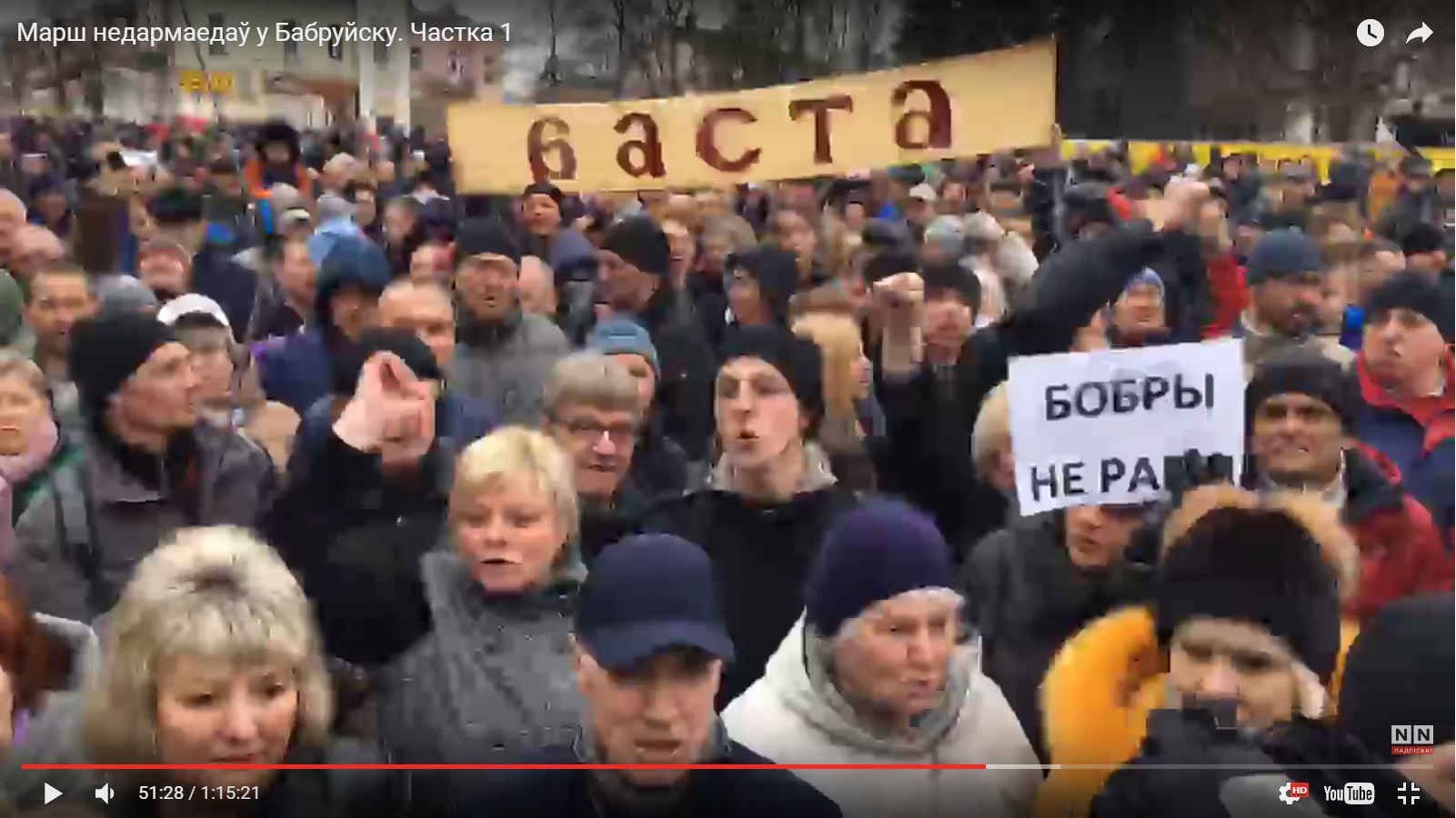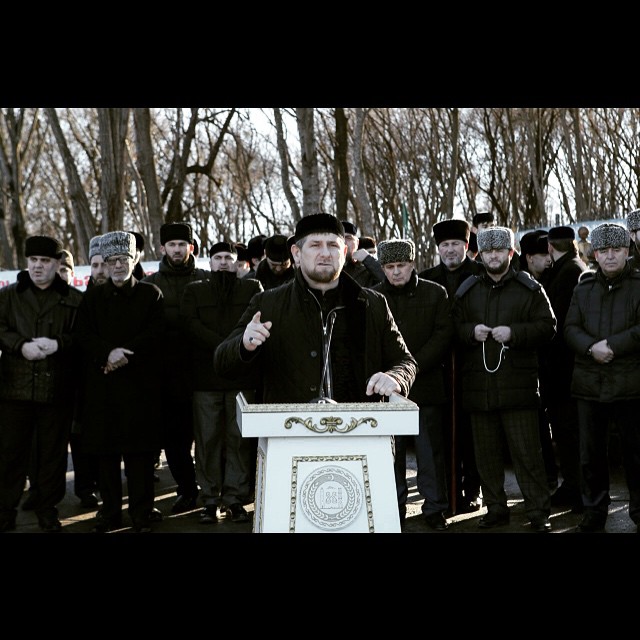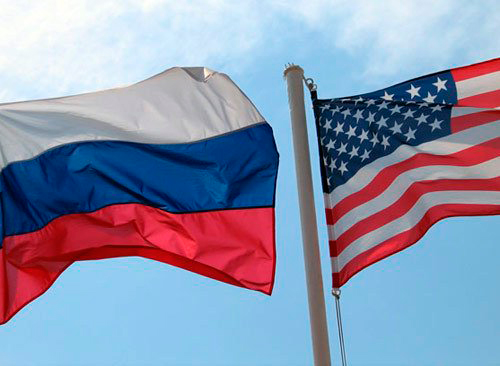Social networks have played an important part in the electoral campaign for a long time, experts conclude. During the parliamentary electoral race this fall, there was not a single political party that did not have a profile on Facebook, VK.com or Twitter. Compared to television or printed media, this is a much cheaper mechanism of self-advertising, however, not all politicians managed to turn their likes into votes.
Ukrainian politicians use social networks mostly to ‘kill off’ the competition, notes social network expert Maksym Savanevsky. Politicians spend 80% of the network-allocated budget on this. Sometimes, these sums constitute several million dollars.
“The most effective method of work which is used by many is uploading various images and videos. To wit, as to the number of videos that were made during these elections, it was bigger than all the previous elections put together. An incredible number of ‘bots,’ which uploaded some images in comments to popular posts or pages where there was some discussion, as when an image ends up in a discussion with, say, a hundred people, everyone gets a notification that something else was written there,” he exemplifies.
Samopomich became the Internet party instead of the eponymous political force
The most dynamic politician in social networks during the parliamentary race was Andriy Sadovy with his Samopomich union, says social media communication expert at the Center for the Support of Youth Initiatives Euromolod Ivan Omelyan. Sadovy’s Facebook page has 76 thousand subscribers and they, according to the expert, were the ones who partially contributed to the Lviv mayor and his political party’s unexpectedly high result.
“A significant number of those who voted for Samopomich are people who live in big cities, and this is directly tied to the fact that we have 3 million Facebook users, 2,5 million of which live in big cities,” says the expert.
A no less active presence on social networks did not bring the same result to Oppositional Block and Batkivshchina. Their voter is not on Facebook, explains Ivan Omelyan.
People’s Front and Petro Poroshenko’s Block had a good chance of using social networks for political purposes. However, in both cases, the parties’ centeredness on leadership stood in the way.
“I will speak for Poroshenko. He has the best bloggers in the country, and the opinion leaders on Facebook became part of the lists, but they were never used. Did you see Leshchenko or Nayyem, or Siumar offering concrete messages, which would resonate with the policy of the party or the President? There was no such thing. This is an error on part of party PR people or their communication experts,” Omelyan explains.
Not words, but action?
As to the Radical Party, its leader Oleh Lyashko broke the self-PR record. Especially actively his team advertised the head radical on his YouTube channel, however, this turned out to be insufficient. The time for ‘coolness’ is over, noted president of the Ukrainian PR League Andriy Rotovsky. And he added: the time has come to act.
“Voters started regarding the images which have no support through action with a lot of skepticism. What happened with Lyashko is an illustration of this, and we see that his results have decreased on his homeland. All other voters showed that such political activity has no prospects, and this is very important, as the important factor of reputation comes into play,” he says.
It is reputation that became the man demand on part of the voters during this political campaign, experts conclude and advise to work on its formation during the next elections. With the development of civil society, the basis of which is people below 30 years of age, the politician will come out on top if they work with the electorate in social media and acquire trust from the so-called ‘Sofa Hundred,’ and not participate in political talk shows on a daily basis or publish tons political advertisements in print media.





